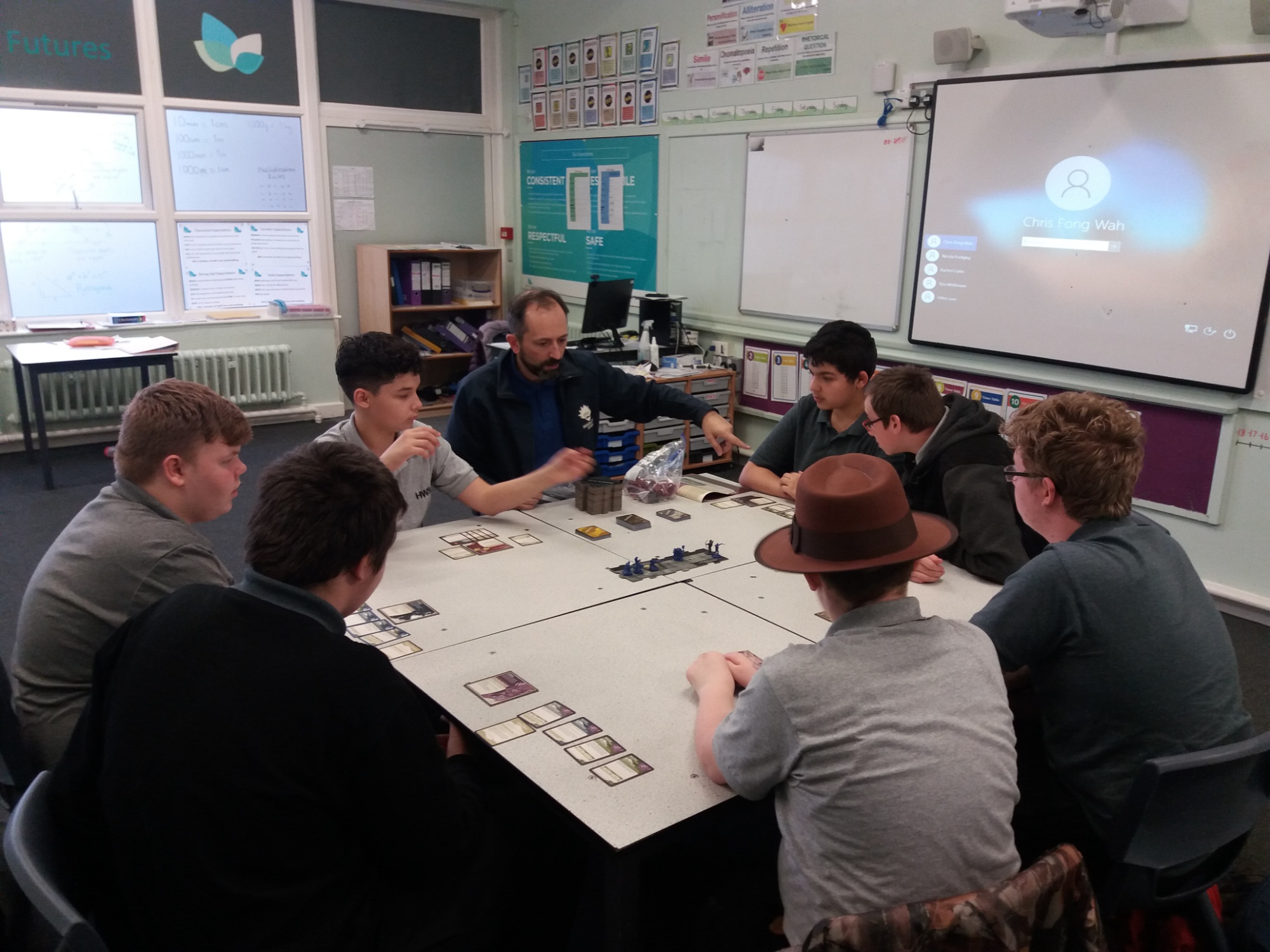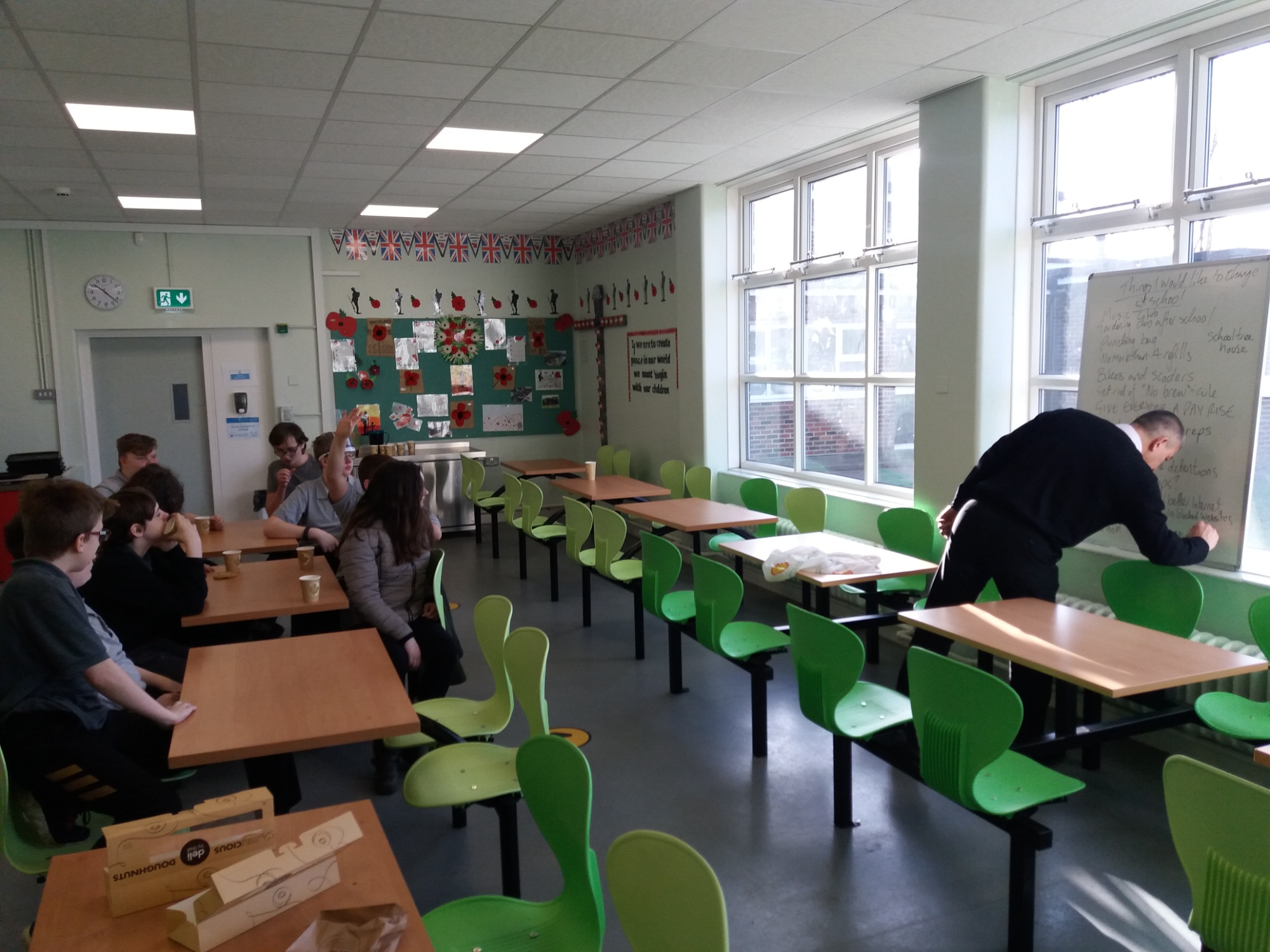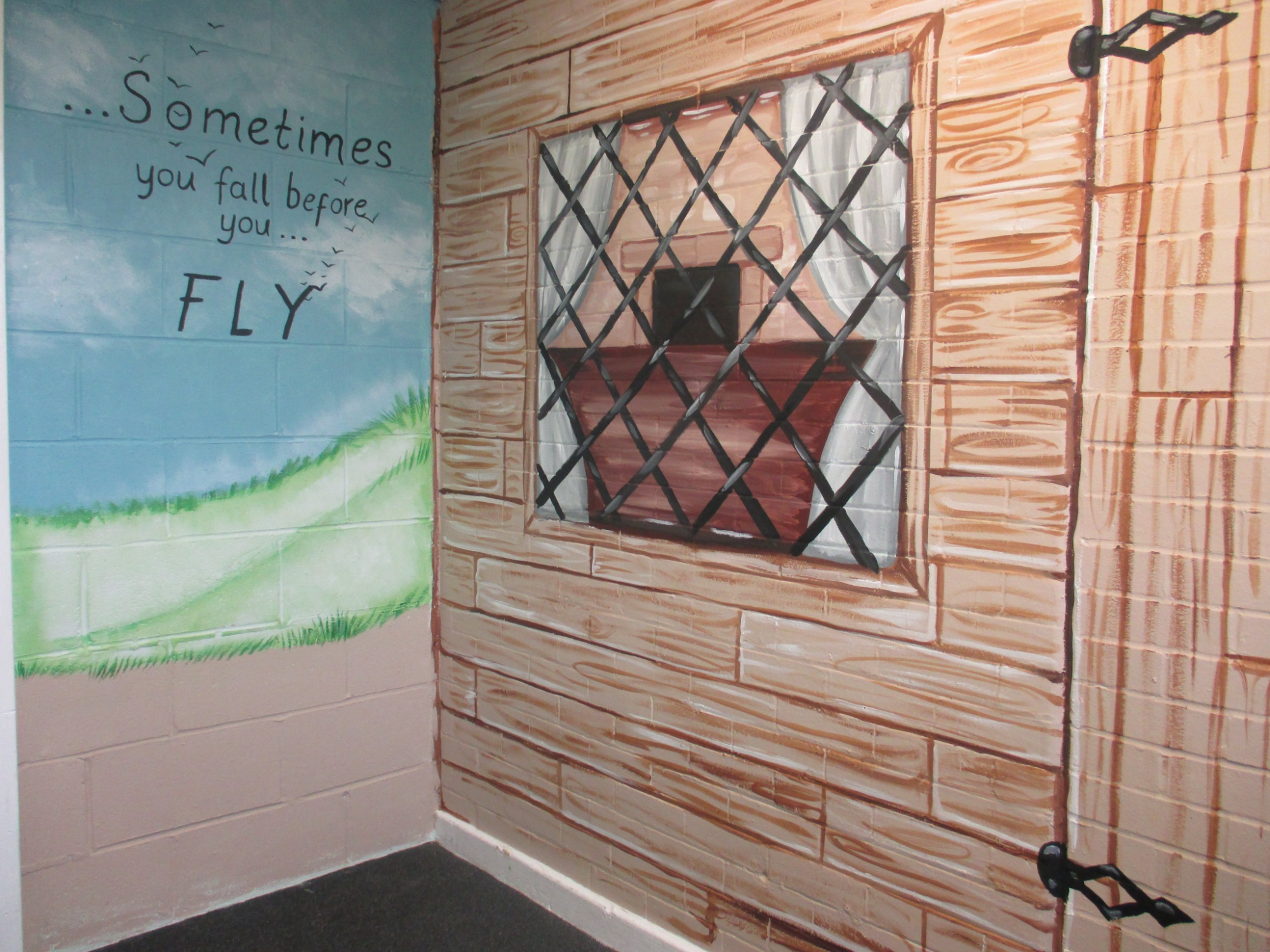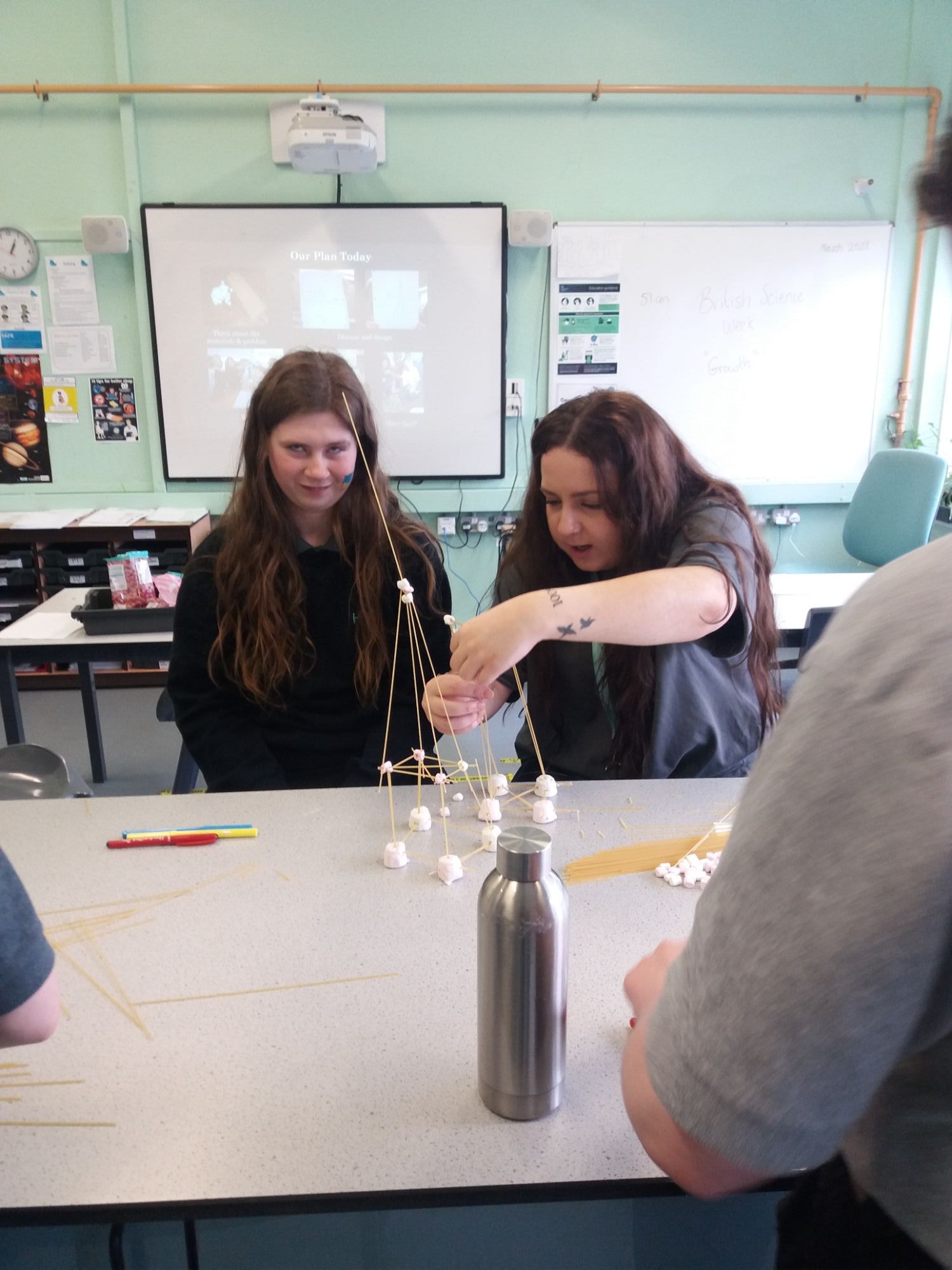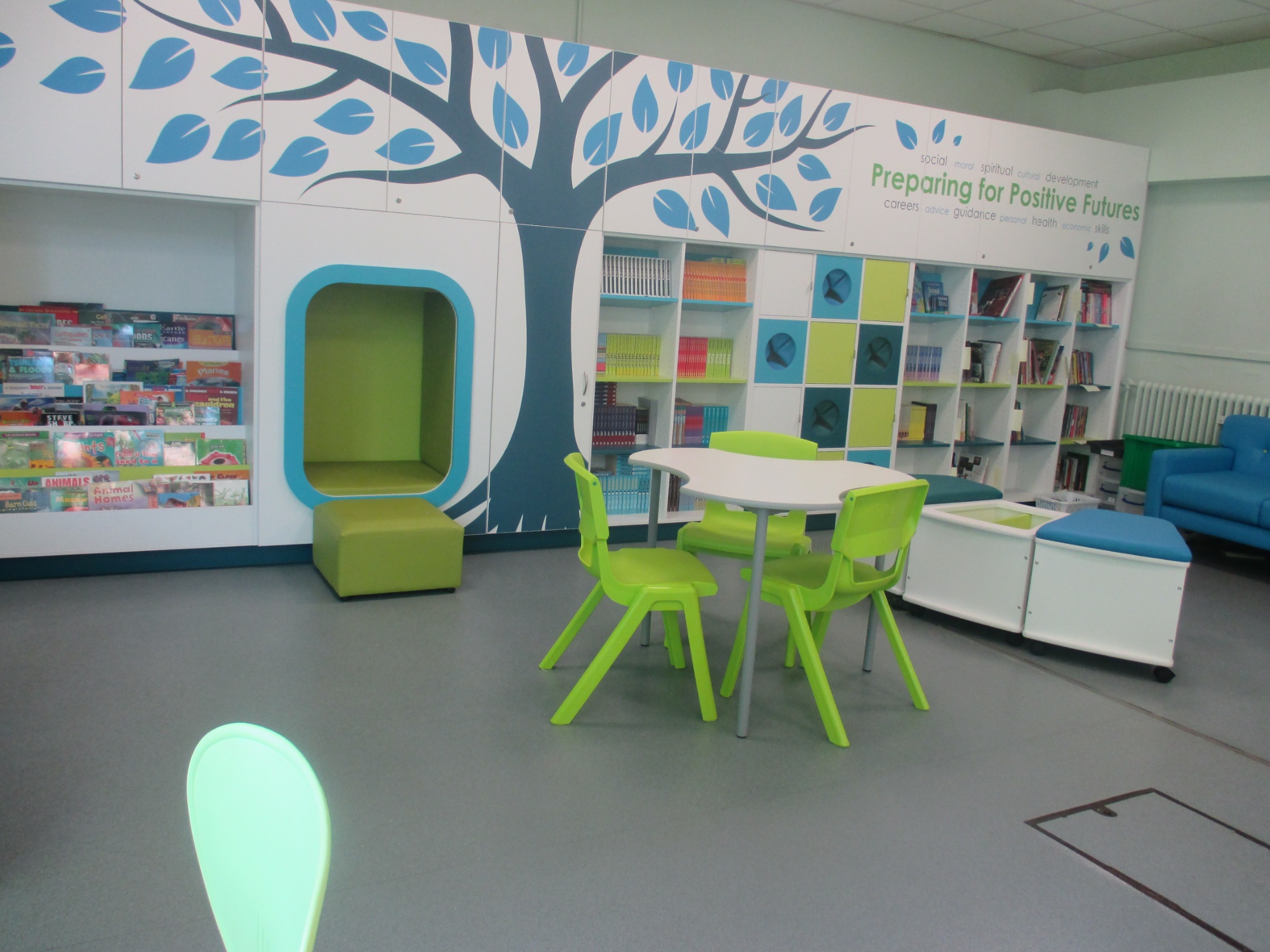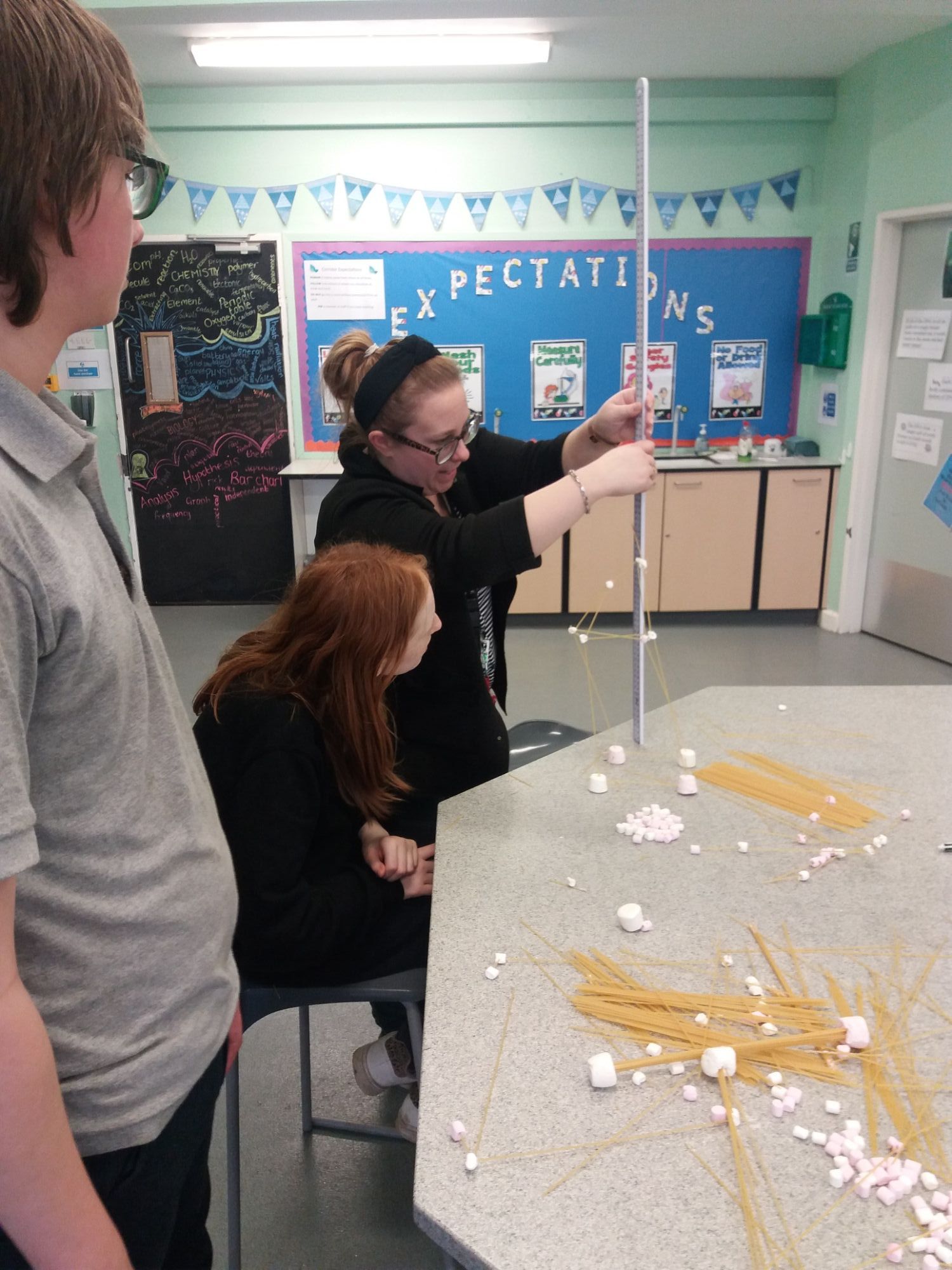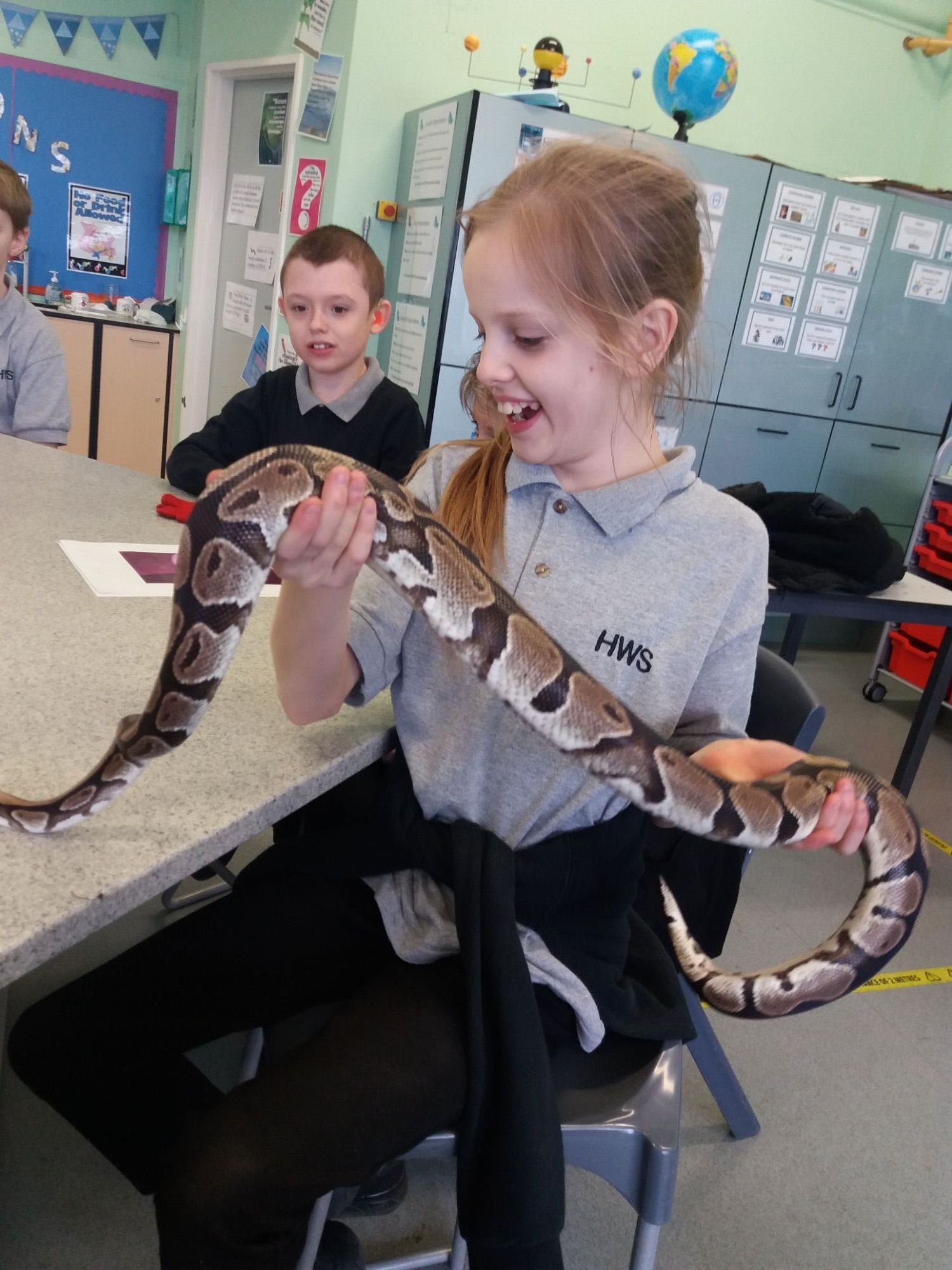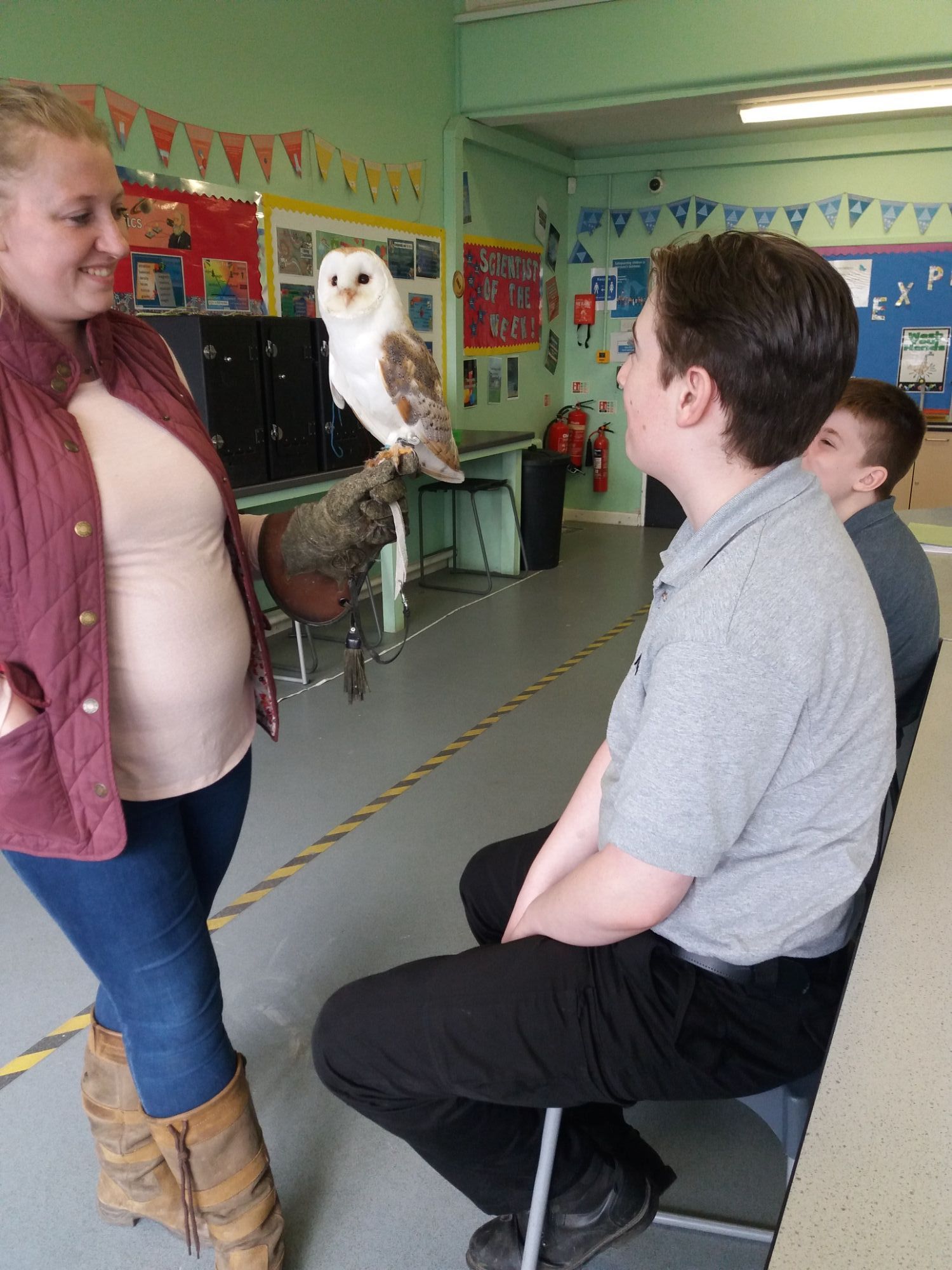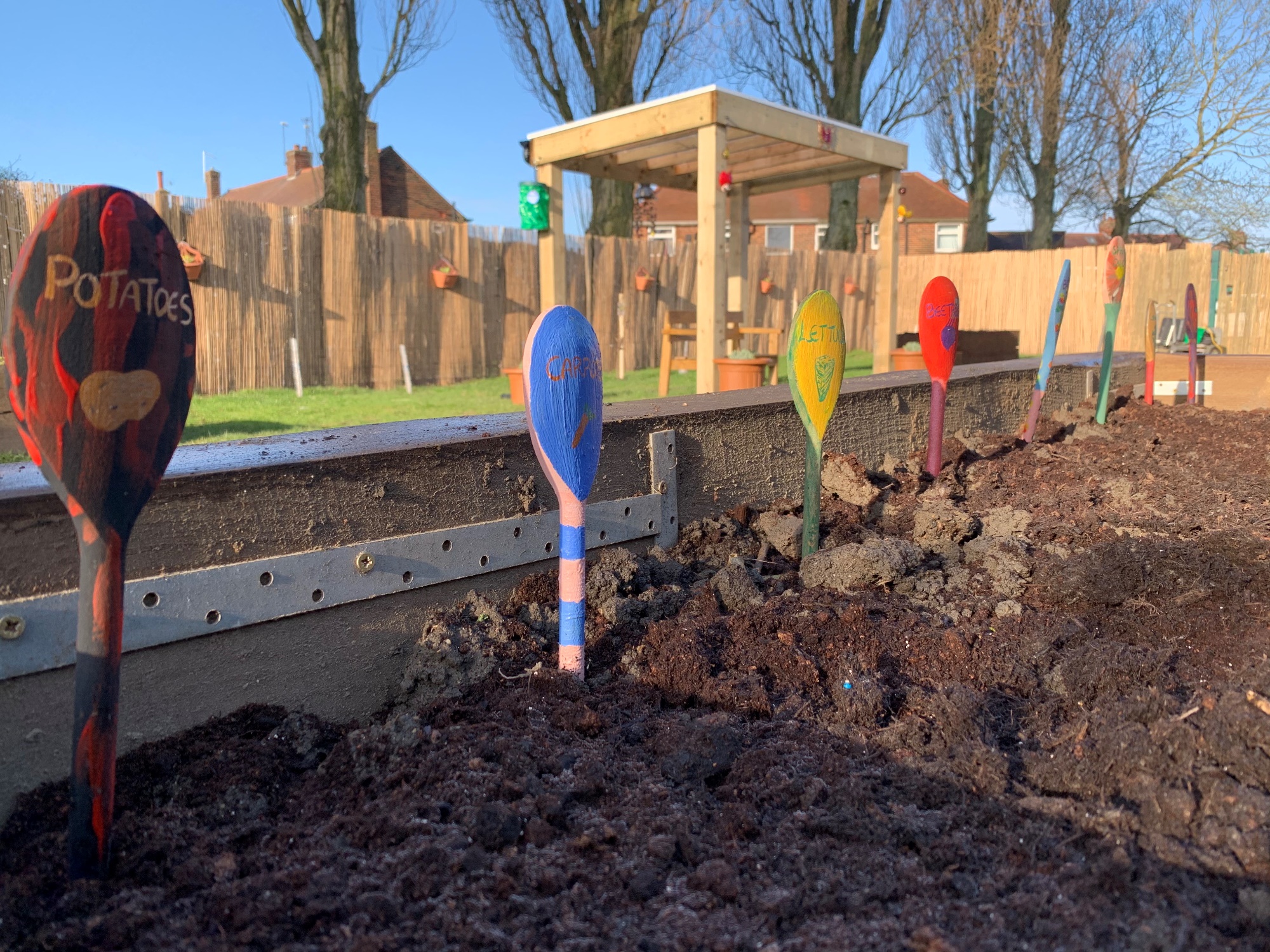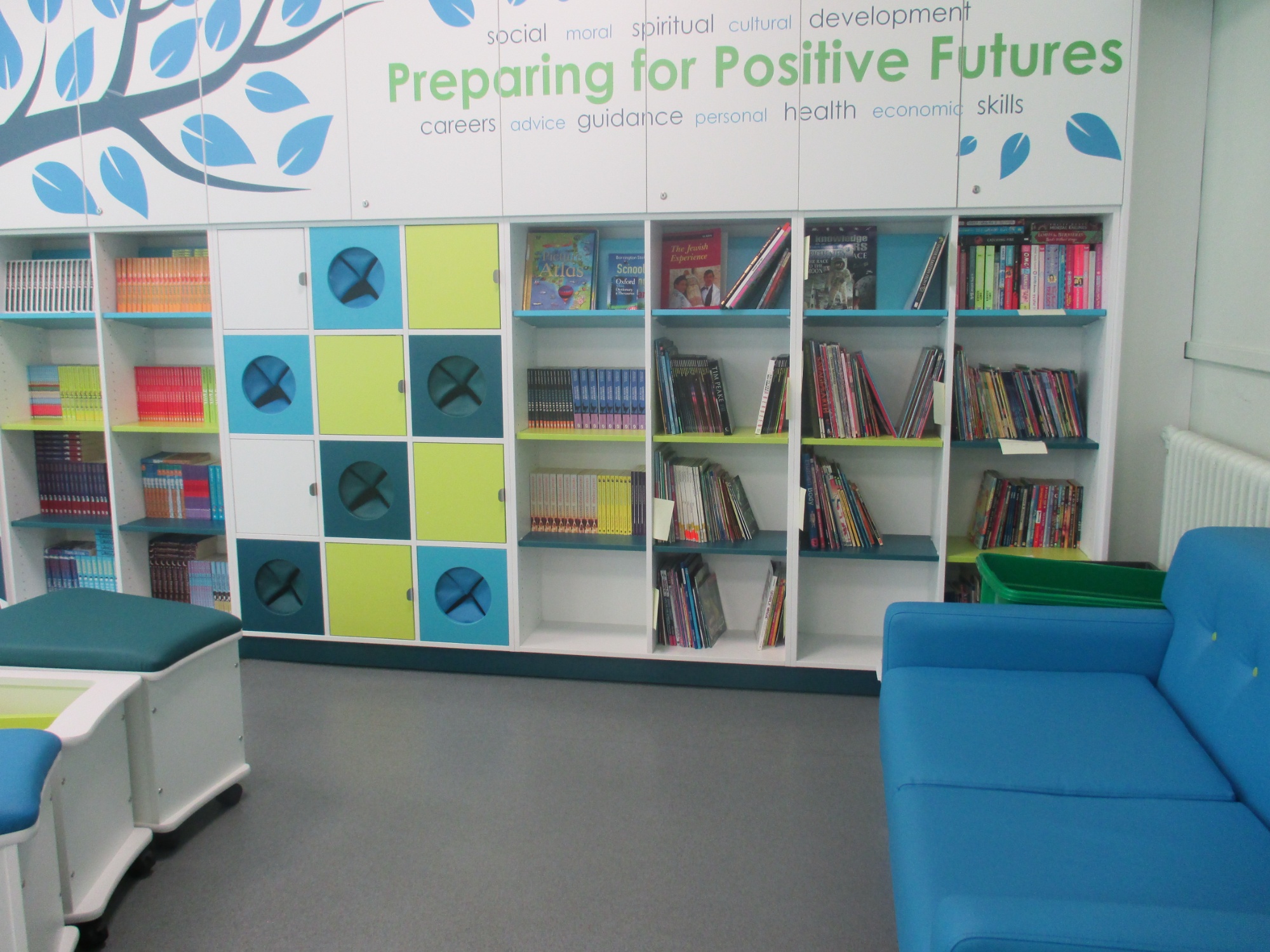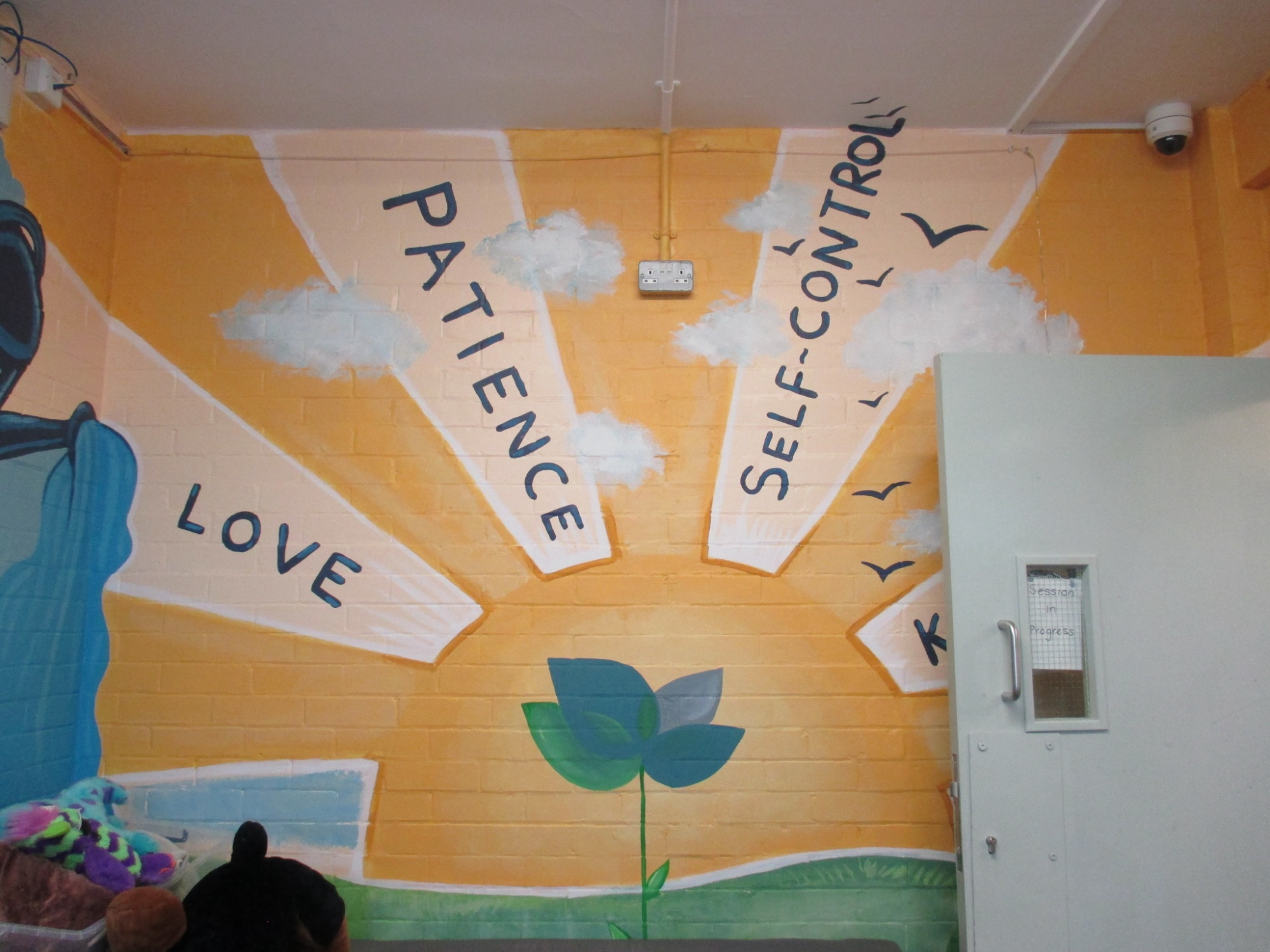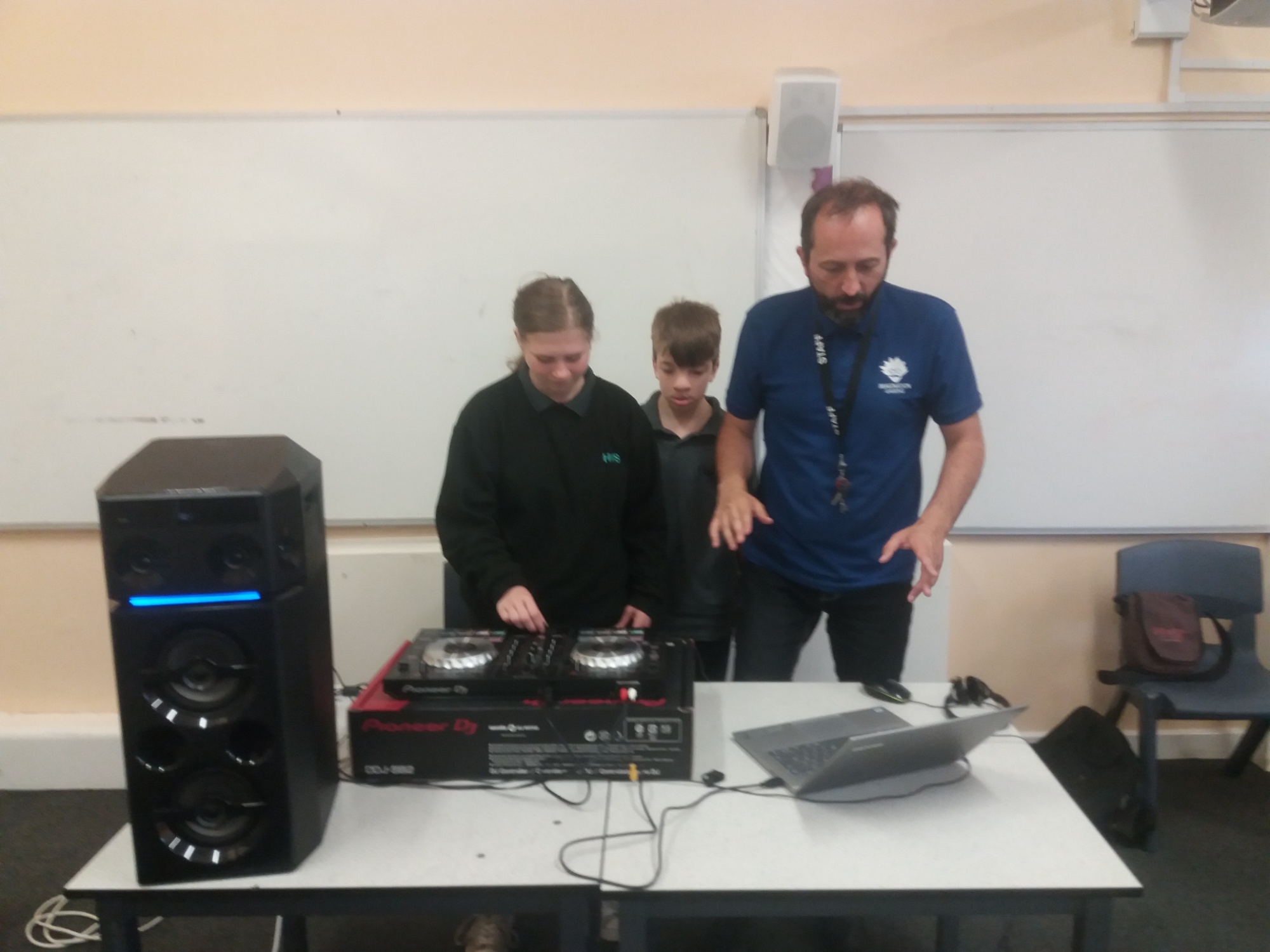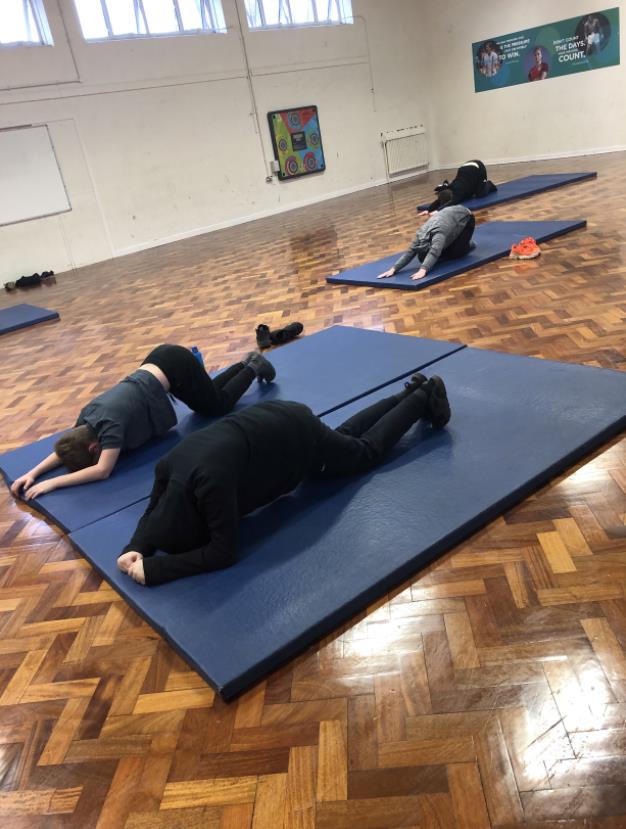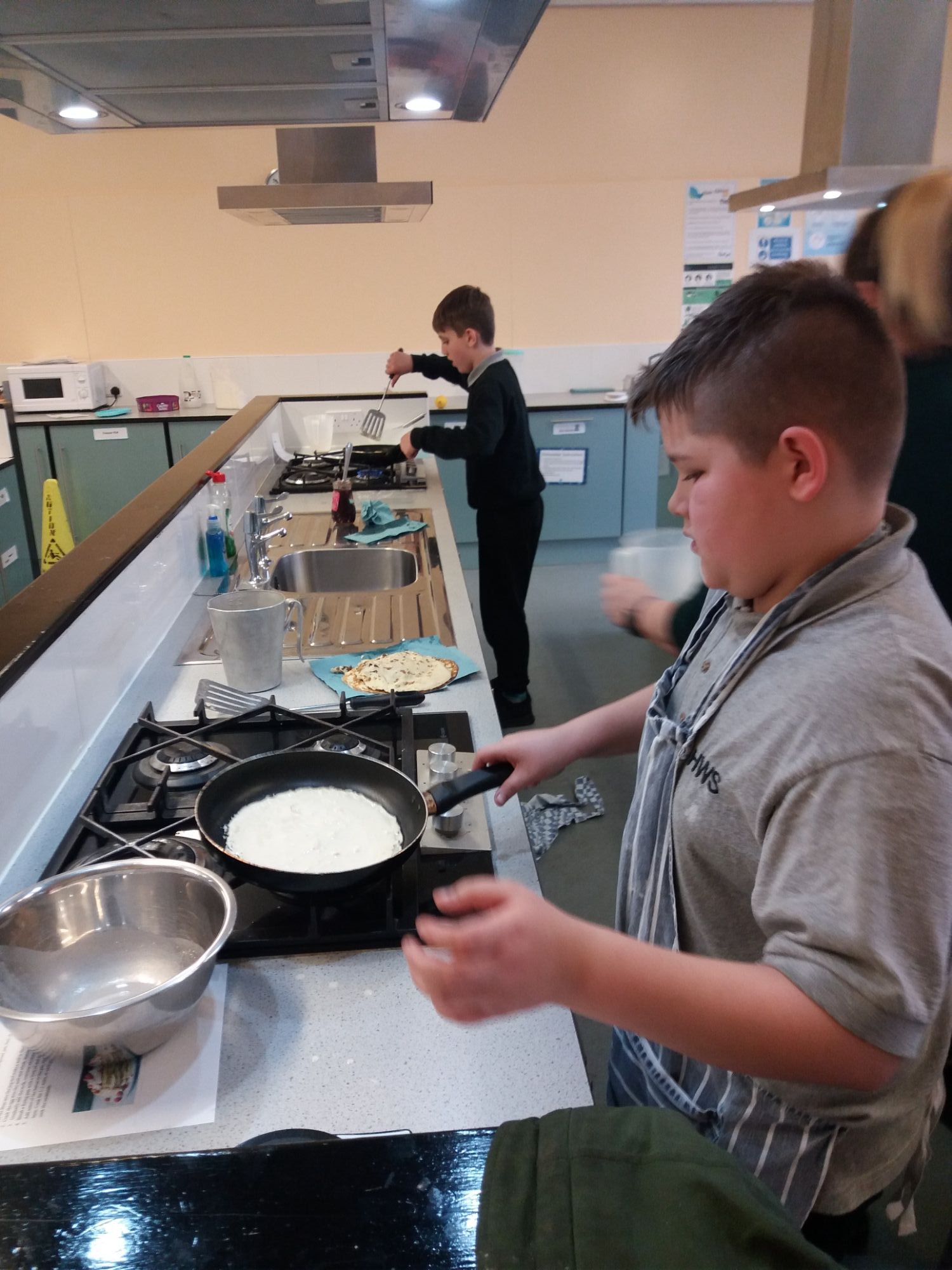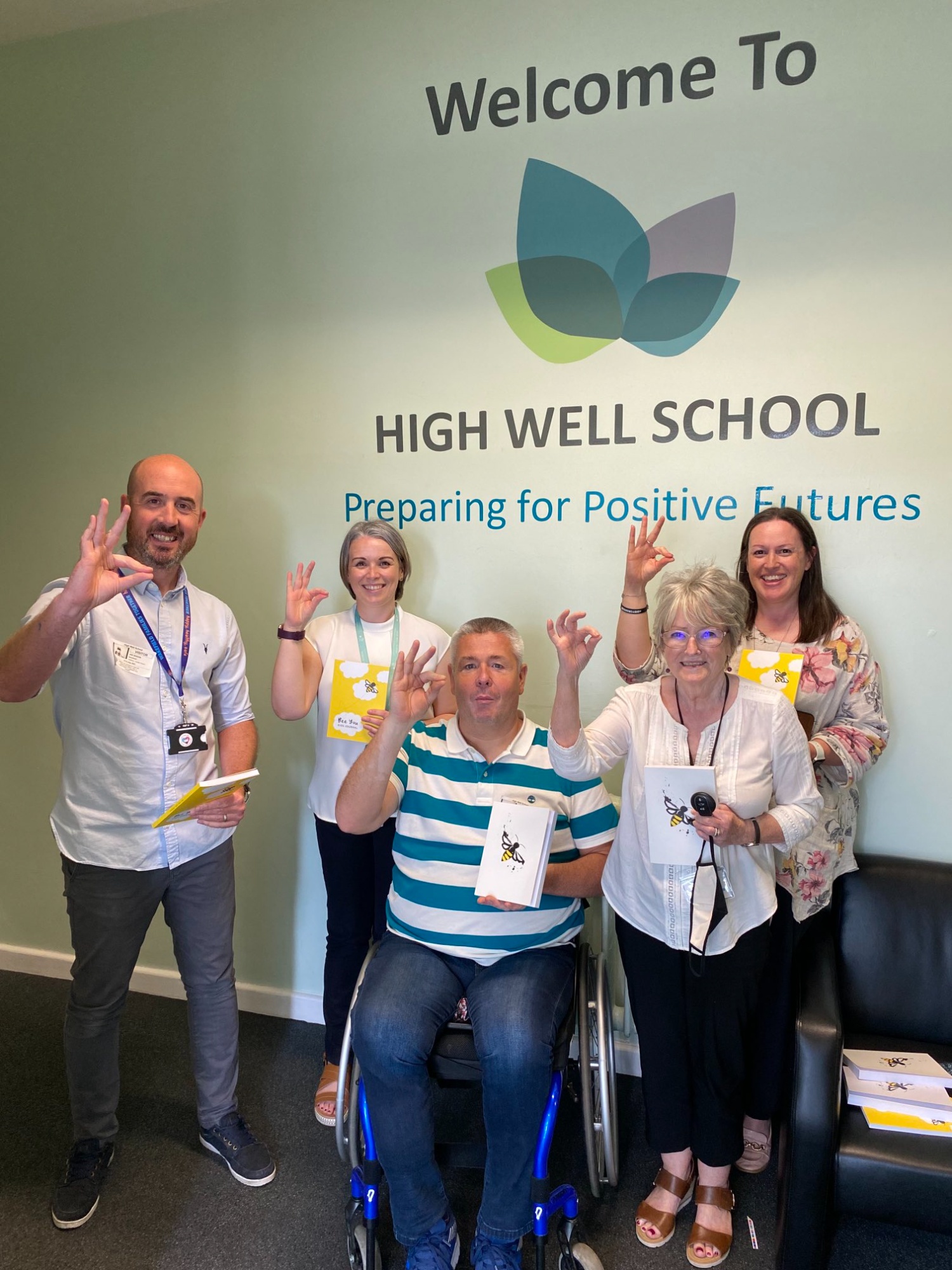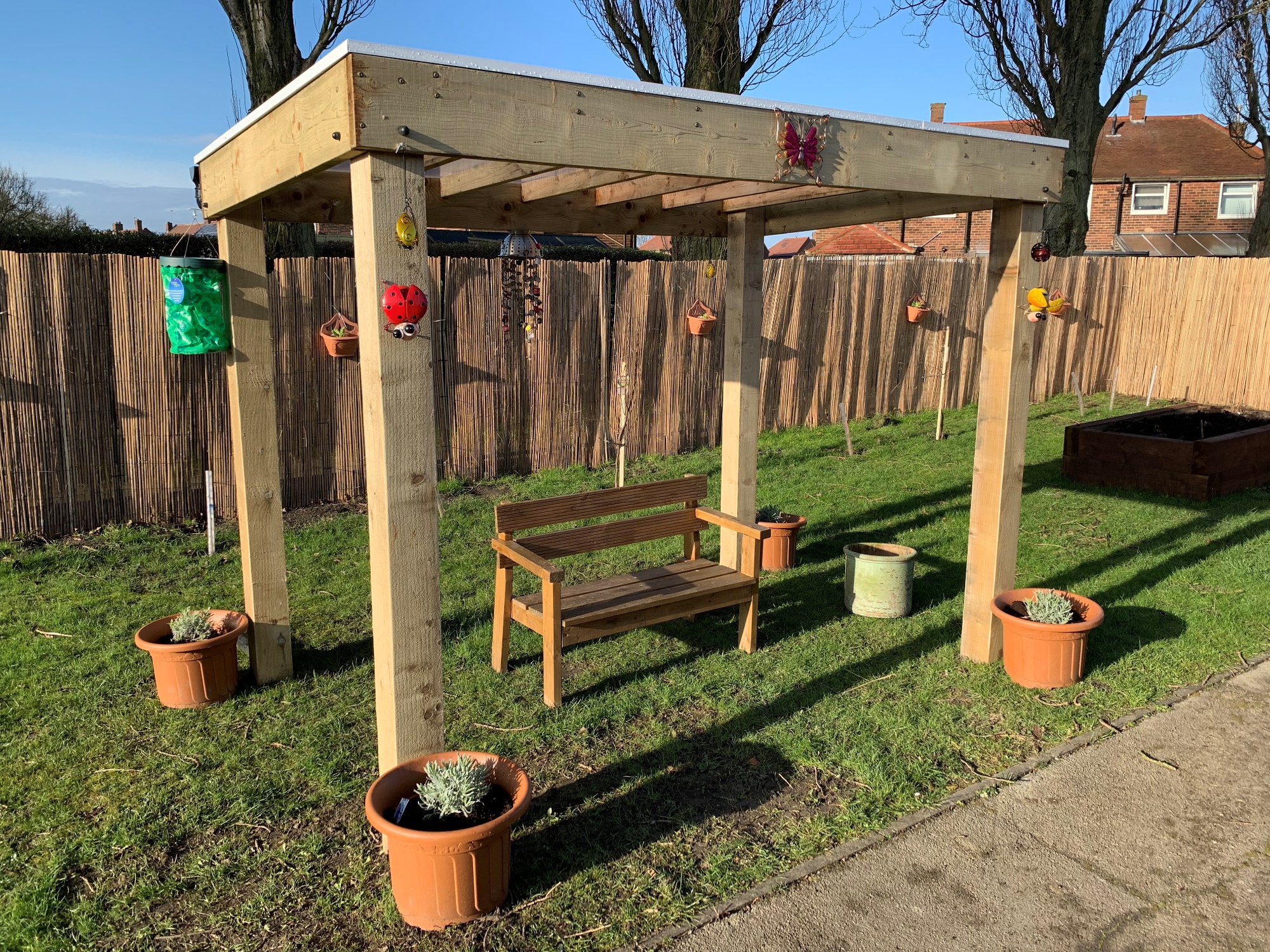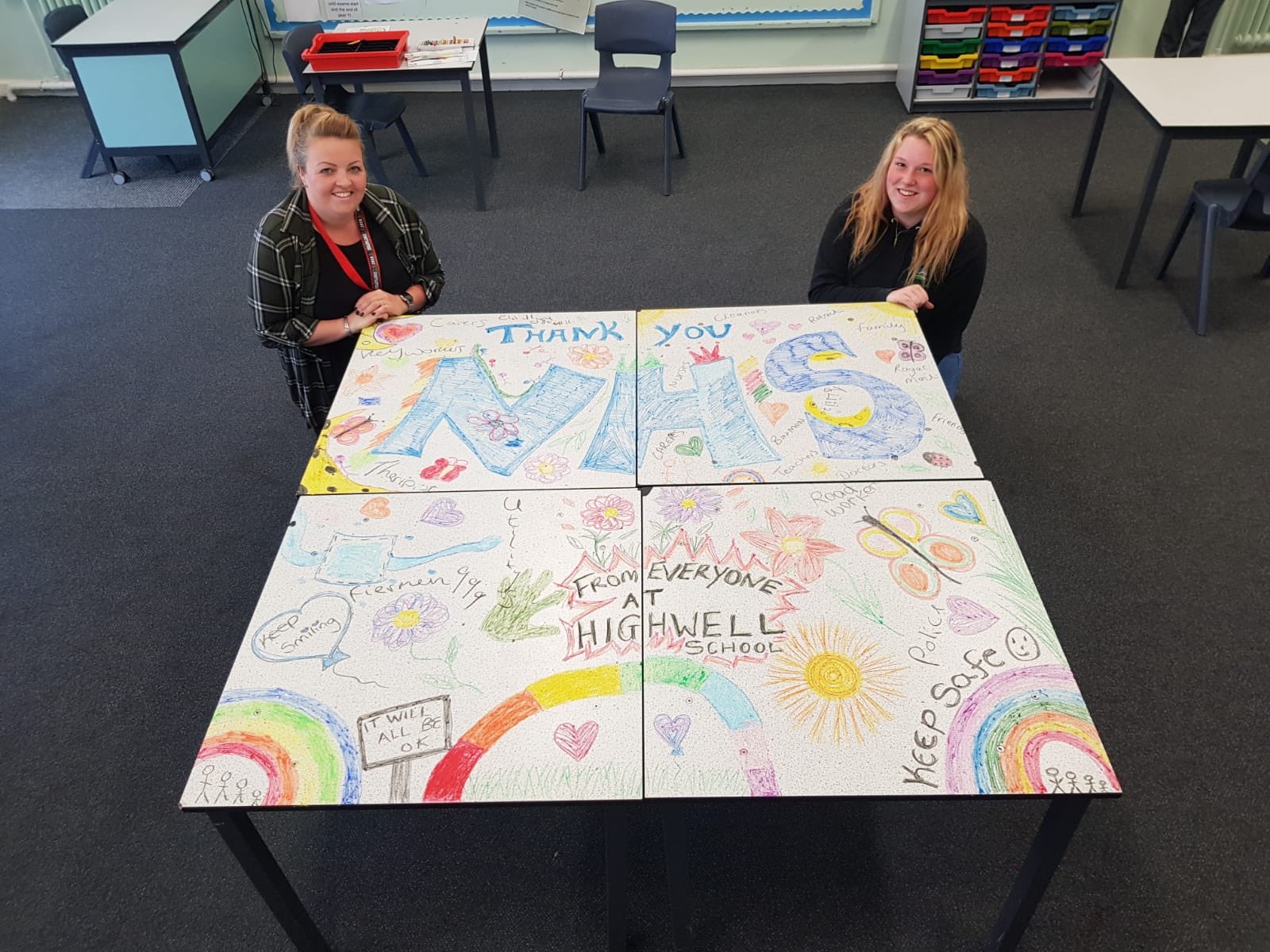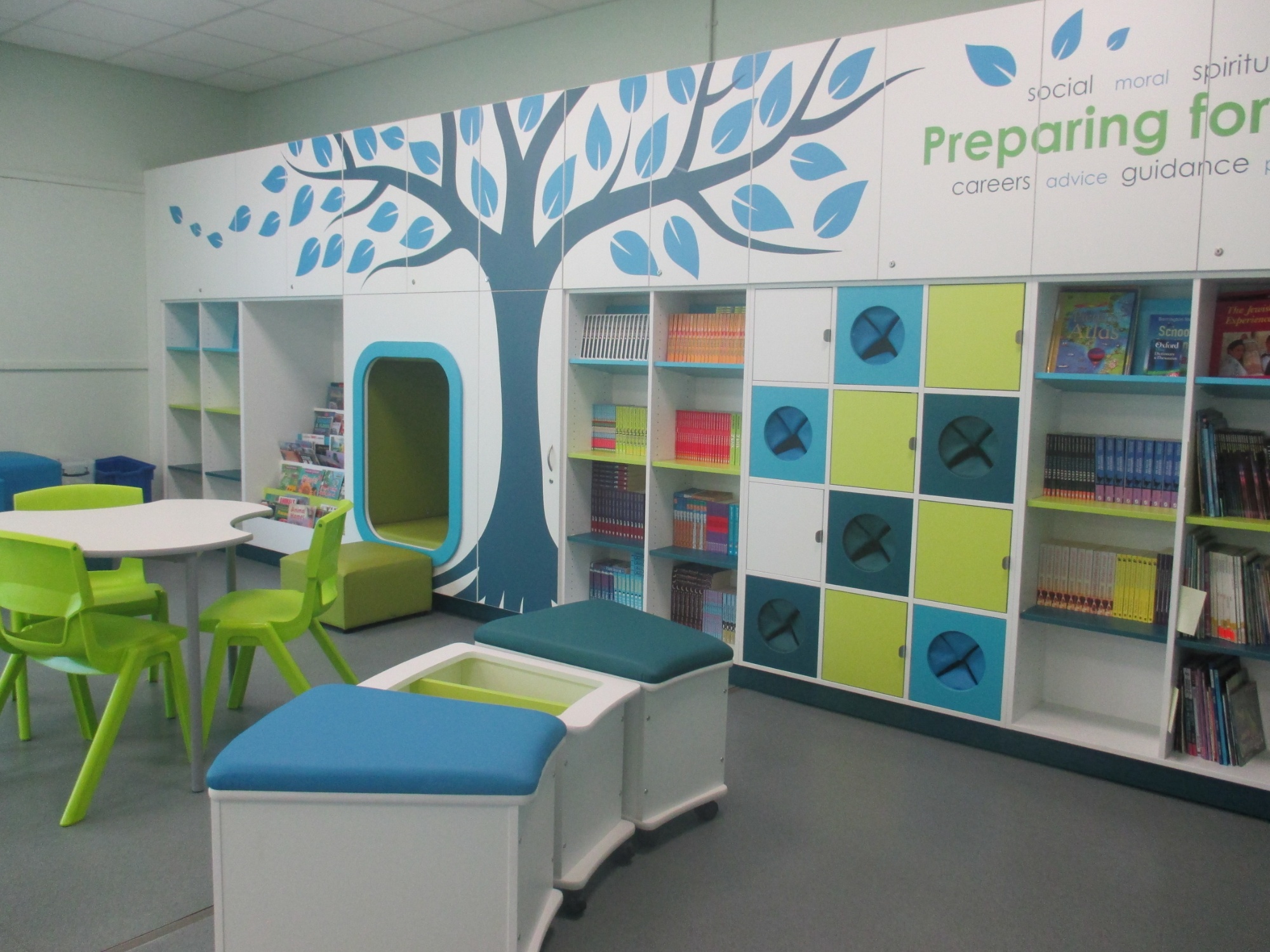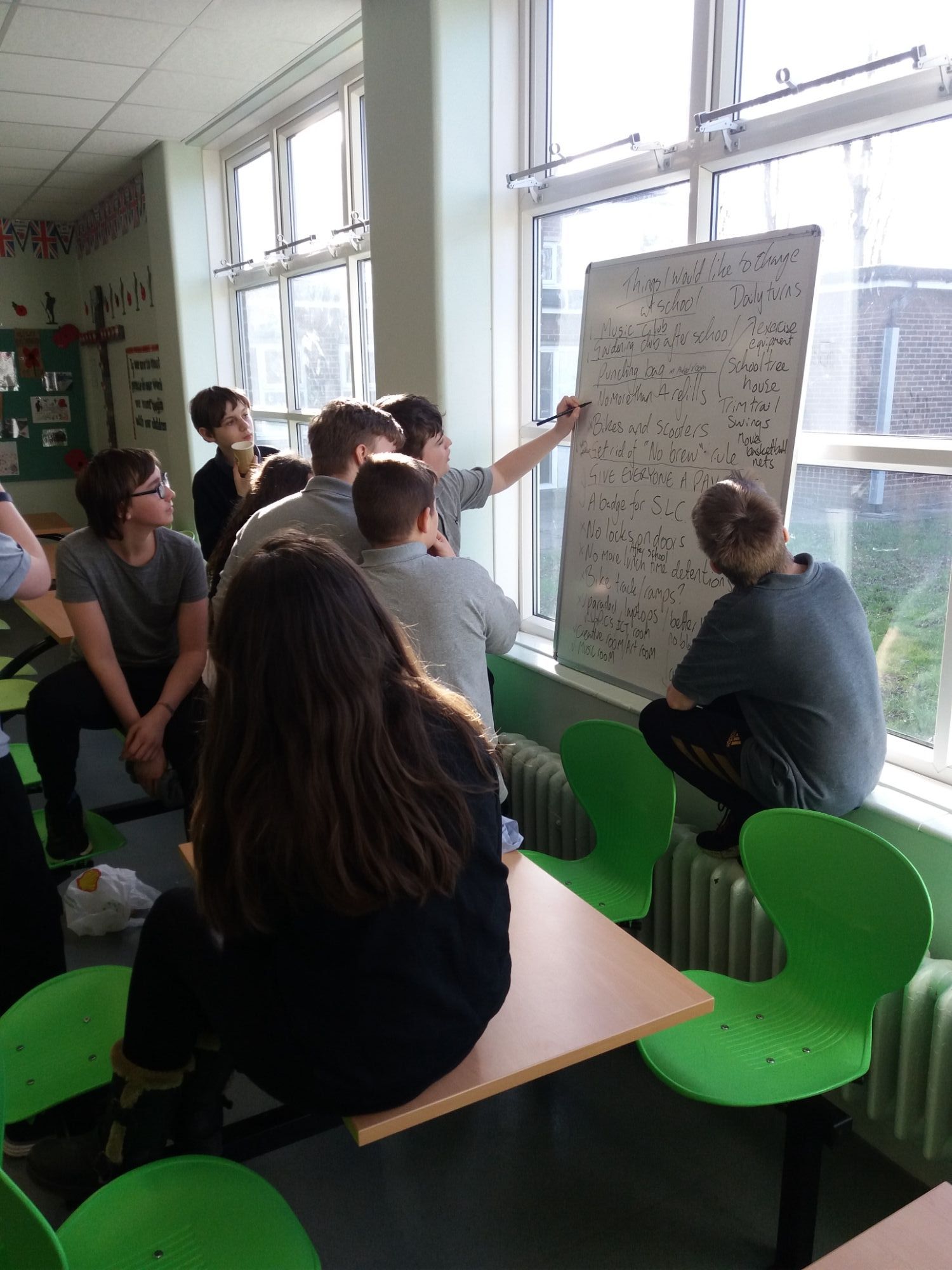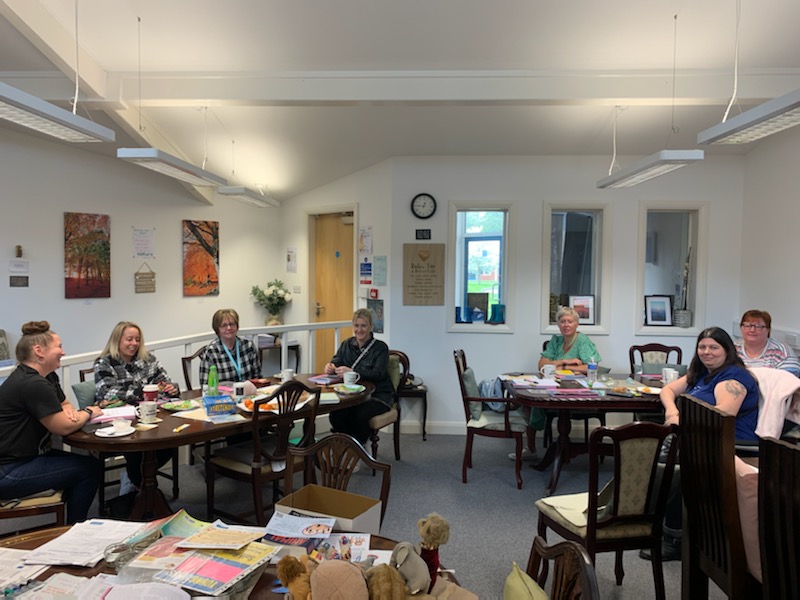Assessment
At High Well our core purpose is to develop our pupils’ academic, social and emotional skills so that each pupil leaves us: ready and equipped for further education, employment or training, knows how to keep themselves safe, and is able to contribute positively to society. It is therefore essential that we monitor the progress our pupils are making in these areas. This ensures that we are identifying areas for further development and setting challenging targets specific to each individual pupil.
How we monitor SEMH progress
All pupils at High Well have profound/severe Social, Emotional and Mental Health needs with an increasing number of pupils having a secondary need of Autistic Spectrum Disorder or speech, language and communication needs. Many pupils have historical long-term absence, have challenging domestic circumstances, have experienced trauma or have attachment difficulties. Some have a history of anti-social behaviour, can be aggressive, violent and find it difficult to form relationships or work in groups. Many have significant learning gaps, show a lack of resilience or have specific learning difficulties.
When assessing progress, the above factors are considered. Outcomes for all pupils are contextualised based upon starting points, external factors and previous experiences. Baseline meetings are held at the beginning of the academic year to decide upon the priorities for each pupil. There are three pathways which are designed to challenge pupils at an appropriate level, focussing on their individual priorities. Each pupil is allocated to an Assessment Pathway using a ‘best fit’ approach to the criteria.
Once a pupil has been allocated to a pathway, their priorities will be decided upon by consulting the outcomes outlined in the Education, Health and Care Plan (EHCP). Personal targets will be created based upon these priorities. Progress against targets will be reviewed termly. Within the review meetings it will be decided if the pupil is to stay on the same pathway or move to a more appropriate one. The termly review meetings will assess the progress of the individual pupil against the personal targets created to meet their priorities. Progress will be measured using a variety of data – both Social, Emotional and Mental Health (SEMH) based data and academic data.
How we monitor academic progress
Key Stage 2 assessment data is not always available for all students arriving in Year 7. Experience shows us that, for various reasons including a number of school placement changes at KS1&2, use of reduced timetables, a high level of one-to-one support in primary school and below average attendance, most pupils arrive with us working below or significantly below national expectations. Whilst we acknowledge that the data of any pupils who have taken KS2 National Tests will be used in the Department of Education’s KS2-KS4 progress measure, it would be doing pupils a disservice to stick rigidly to unrealistic levels of attainment when setting our own progress targets, indeed the discrepancy would be compounded year on year as we set increasingly more unachievable targets.
We therefore carry out a baselining exercise during the first month of Year 7 (and upon arrival for any pupils who start at differing points in the year). A range of standardised assessments are used including Salford and Hodder reading tests and STAR reading and maths. The results of these assessments are compared with any reported end of KS2 data and pupils are assigned a start point in each subject. If there is a significant difference between reported KS2 attainment and our assessments then a decision to baseline a pupil accordingly is only taken after consultation between the senior leadership team, class teachers and the SENCO. If a pupil arrives in KS4, in addition to the aforementioned assessments, pupils undertake further baseline and diagnostic assessment using BKSB which provides information on where the pupils is in relation to functional skills maths and English or GCSE maths and English.
The baseline process will indicate a starting point but, due to the factors already mentioned, pupils can have significant gaps in their learning. For this reason, we conduct a Pre-Learning assessment prior to every unit of work to enable teachers to plan work appropriately to address gaps in knowledge. At the end of the topic another assessment takes place to evaluate progress.
Each unit of work has a Knowledge Organiser which has explicit curriculum descriptors for each unit of work. Progress is measured by evaluating what knowledge has ‘stuck’ by the end of the unit of work.
From Year 10, pupils begin nationally accredited qualifications in all subjects. Our current suite of qualifications includes GCSE, BTEC, Functional Skills, Entry Level Certificate, Step Up, ASDAN CoPE, ASDAN Employability and Junior Sports Leader Award, all of which have unique grading systems. We therefore measure attainment and progress using the appropriate qualification grades.
Class teachers and subject leaders are responsible for moderating and recording assessment data within their subject area. Regular curriculum meetings provide a forum for sharing, discussing and moderating assessments.
Attainment data is recorded, tracked and monitored across the whole school with data updated and analysed regularly. The targets of pupils who are consistently exceeding their targets will be reviewed at this point and intervention plans are put in place for those who are not achieving expected progress. A full and final analysis of the progress of all pupils and the impact of any intervention is undertaken as part of the summer term analysis.
When assessing SEMH and academic progress we monitor and analyse the performance of the following groups as part of our termly evaluation.
- Pupils in receipt of Pupil Premium
- Children in Care (CiC)
- Ethnicity
- Gender
Moderation & quality control
Moderation of assessments for each subject takes the following forms:
- Our Knowledge Organisers have explicit curriculum descriptors that all teachers are familiar with
- Formative assessment tasks that address specific level descriptors are included in schemes of work
- All units of work have a summative assessment task
- Moderation of work is a feature of all curriculum meetings (at least one meeting every half-term)
- Senior Leaders carry out learning audits that involve lesson observation and work scrutiny
- Moderation with other settings for qualifications at KS4
Reporting
Attainment and progress in meeting annual targets is reported to parents via:
- Termly Pupil Progress Days
- An Education Health and Care Plan Review Report
- Termly Personal Education Plan Meetings (PEPs) for Children in Care

